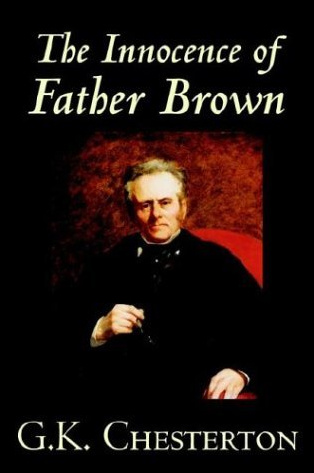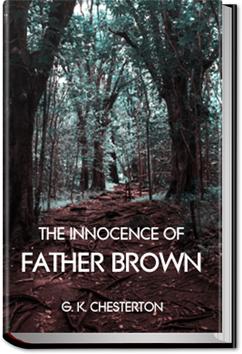

We lucked out, and this first episode was based on one of the stories included in The Innocence of Father Brown: The Hammer of God. We left some time at the end to try a new MAF activity: watching the first episode of the BBC TV version of Father Brown, featuring Mark Williams (Harry Potter’s Mr. Hercule Flambeau, is thought to have been an inspiration for Christie’s Hercule Poirot!Īs for influence from Conan Doyle, we learned that Chesterton would have been fully aware of Sherlock Holmes and his Father Brown character’s methods tend to be intuitive rather than deductive.

Another potential Christie connection: his reformed criminal M. Yet like Miss Marple, Father Brown sees the world very clearly through the prism of his role as a village priest. We also thought it possible that Chesterton’s approach to Father Brown, may foreshadow Agatha Christie’s Miss Marple, in that they both seem innocuous, mild-mannered, and incapable of relating to things as violent and dark as crimes including murder.

Given that, and the different ways people spoke and saw the world in this period, we got a better appreciation for his stories and their place in the history of mystery. So Chesterton is really in the vanguard for mystery as a specific form of fiction. Even Sayers didn’t publish her first Lord Peter Wimsey mystery until 1923. Agatha Christie didn’t publish her first mystery until 1920. Sir Arthur Conan Doyle only started his Sherlock Holmes stories in 1887. This would be because those aspects had not yet become a part of mystery storytelling! The short stories in The Innocence of Father Brown were published in 1910.

We’d found several stories where he “didn’t seem to be following the pacing/conventions, etc. We also talked about how he really is a very early author in the development of mystery as a genre. First, because his works are all collections of short stories, and secondly, because he was a frequent attendee of the Inklings writer group (along with J.R.R. Chesterton holds a unique place in the realm of mystery stories. MAF continue its exploration of the mystery genre’s major authors this month by reading and discussing The Innocence of Father Brown by G.


 0 kommentar(er)
0 kommentar(er)
